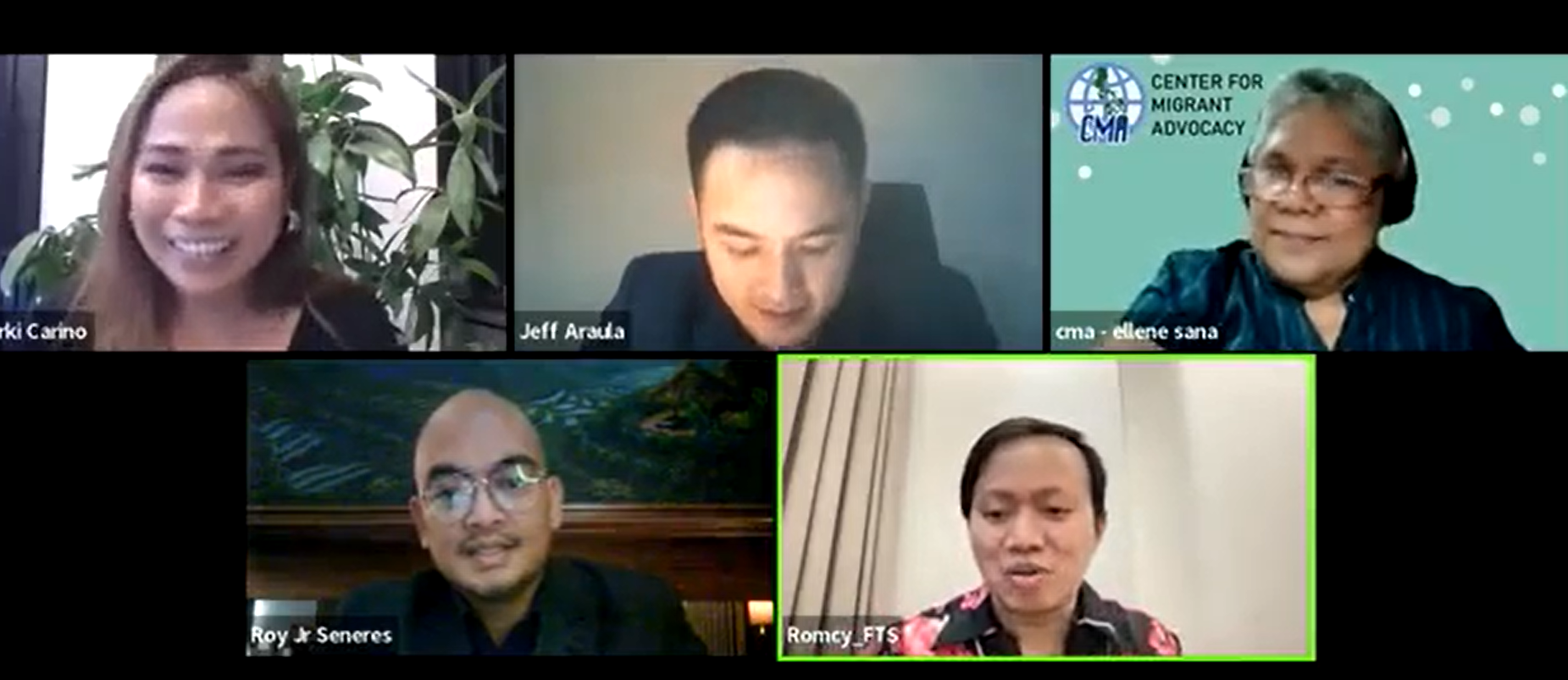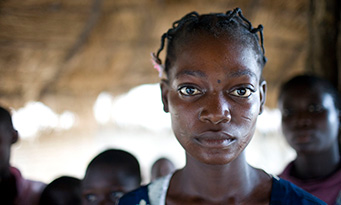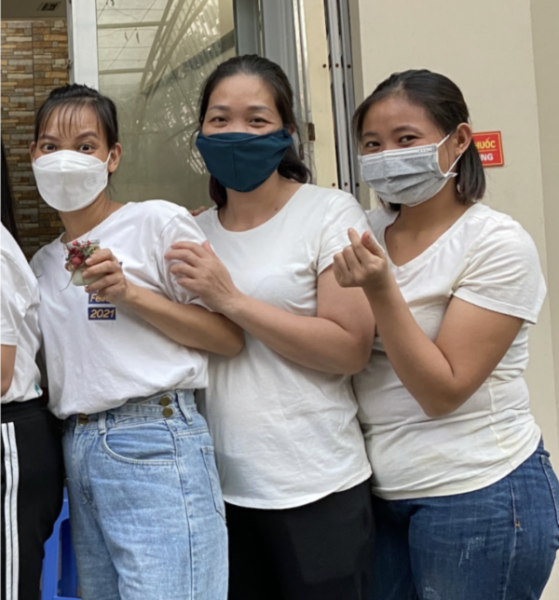Joshua Nichols is a junior at the University of Iowa, and the winner of our 2017 “What Freedom Means to Me” student essay contest.
Freedom is a tricky thing, an impish desire deeply ingrained within the human psyche. For every person, freedom means something different. Liberation, unshackled, emancipation, even democracy all bring to mind images of freedom. From the iconic bald eagle flying to the tune of the “Star Spangled Banner” to an impoverished child being adopted into an affluent family, freedom takes a multitude of forms and figures.
But what makes one feel free?
Surely there is some perfect answer to this, surely that after countless years of human evolution, there is some concrete, qualitative schema that perfectly encapsulates the idea of freedom? I’ll be blunt. There is no pure, flawless answer to the notion of freedom. It is impossible to make such a generalization in a lifelong thesis, let alone in five to eight hundred words. While everyone has an image of freedom in his or her mind, it is just that. An image. A physical representation of freedom. Freedom is an emotion, a mental state. When one feels free, he or she is untethered from concern and worry.
But what is this freedom? How is this emotion exemplified in one’s actions?
Being free is not the same for everyone. A man may find loving freedom in his marriage, yet his neighbor may grumble and complain about the “old ball and chain” for he desires only for a passionate dalliance, not a lifelong commitment. Freedom is so complicated, so fragile and delicate, a ruby red rose that may bloom so brilliantly in the dawn, unaware that its fate is to wither and die with the creeping dusk. Freedom is fleeting, a breath of fresh air, so savory and sweet before one is swept back under the turbulent tide of modern society, drowning in debts, burdens, and bad decisions. Of course, I speak of true freedom here, the kind of freedom only the most gifted bodhisattva could ever hope to glimpse. True freedom is unattainable, for humanity is unavoidably ound by irrefutable laws of nature. A man is bound by gravity, a woman bound by her necessity for oxygen. Freedom in its purest form is the ability to live and prosper entirely of one’s own will and desire. This purity is nothing but a tantalizing aspiration for us dreary mortals. We are but birds trapped in a vast and beautiful cage, a prison so overwhelming that even the best of us are unable to explore every inch.
How, in the face of our overwhelming limitations, can we possibly find freedom? The answer is simple and entirely devoid of flowery metaphors or wistful dreams. It is an acceptance that humans cannot find freedom, only experience it, a clear cut case of pragmatism over idealism. One must focus on the idea of true freedom and the aspirations behind it. One must realize that the search for freedom creates the path of an enjoyable journey, a journey that cares little for the impossibility of its destination. While pursuing freedom, one will meet others walking the same path, and one will also encourage others to take up the everlasting journey. The path towards freedom is ripe with morality, both in consequence and intention, and freedom starts with the satisfaction of ensuring every human is guaranteed basic rights. Food, water, shelter, and autonomy, these are fundamental freedoms that should be guaranteed to each human being, regardless of location or class. Freeing the slaves is a crucial step towards guaranteeing global freedom. Freedom equates to choice, and slavery strictly limits choice.
I believe that freedom means power, the power to dictate your own life, the power to look another man in the eye and state my intentions without fear of harm or repercussion. Freedom means a strong, healthy, and supportive community. Freedom ensures the education and knowledge to make informed choices about the direction of my life. But most importantly, freedom means that I am obligated to recognize the problems of others and accept them as my own. Whether the problem is grabbing a drink with a friend who just had a rough day at work to ending child trafficking, freedom is not an individual pursuit, for no man can be free with a conscience burdened by the suffering of others. Freedom is walking side by side with my fellow man, striving in time with them for a more perfect world. Freedom is treating each person as ends in themselves, never as mere means. Freedom is recognizing that each person bears upon them a unique, special set of circumstances that constitute their life, and that those circumstances are no less important than my own.
I first found freedom by helping others, but I later realized that I had truly been helping myself. By making sacrifices to help others, you break your own chains.



